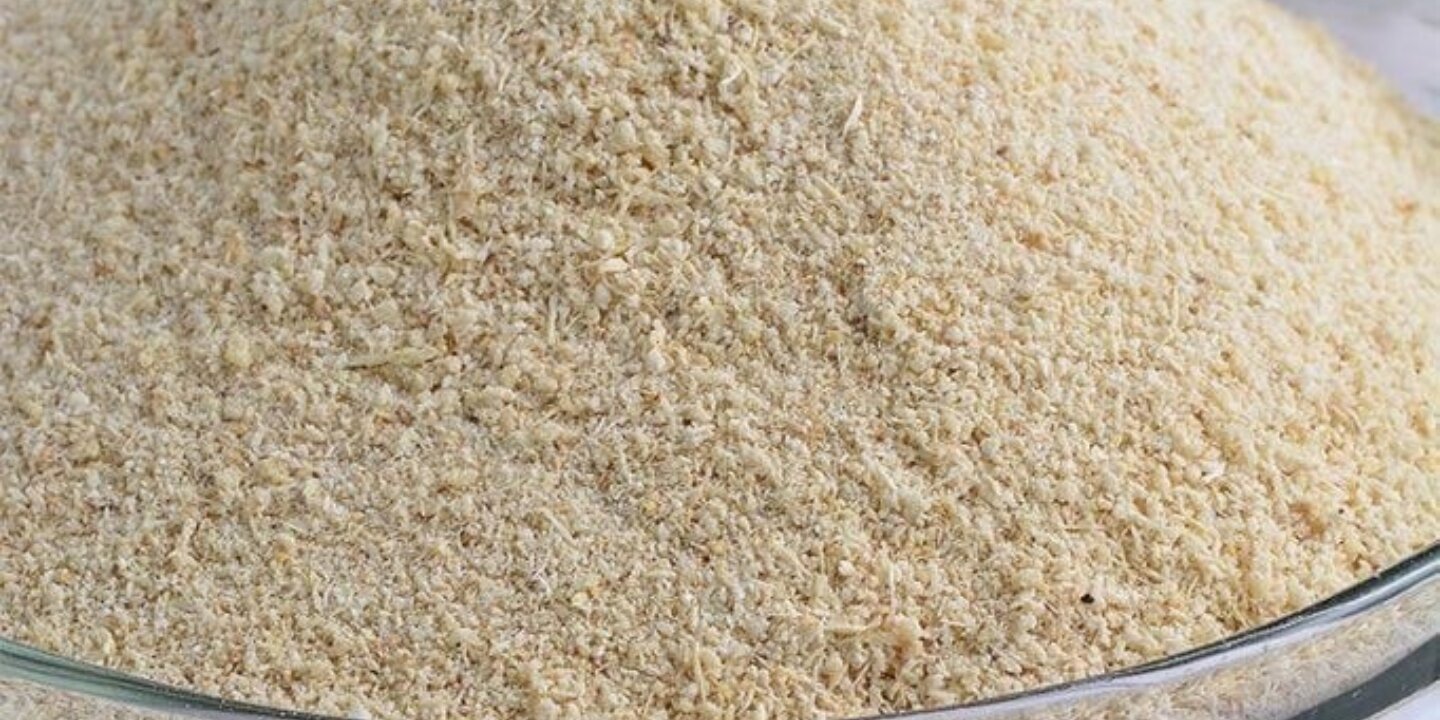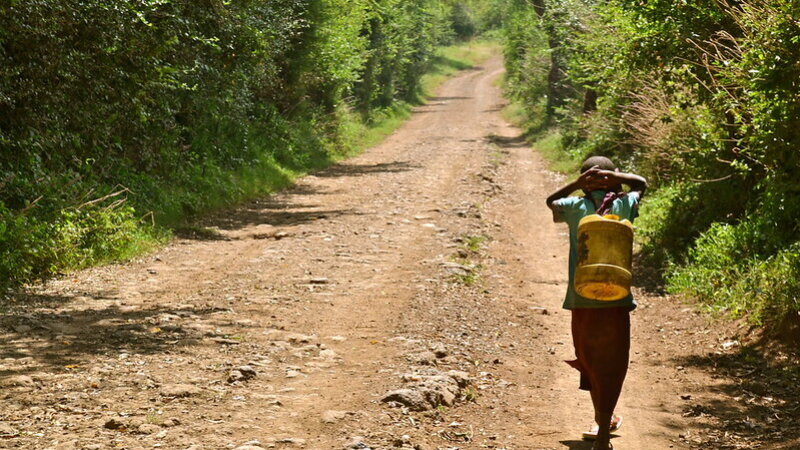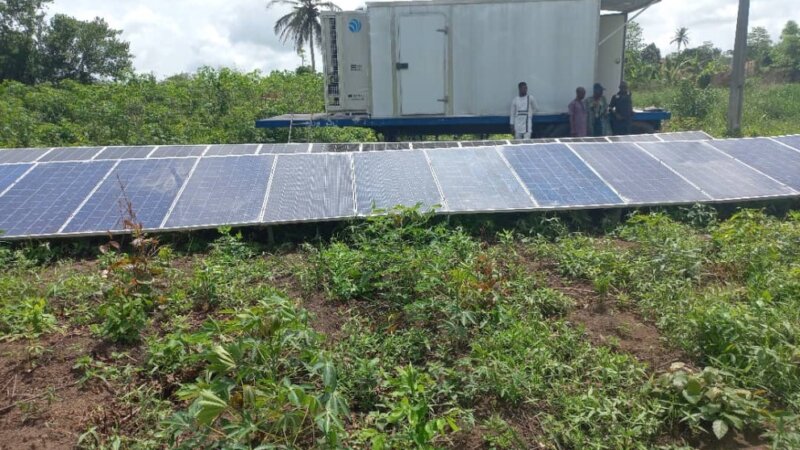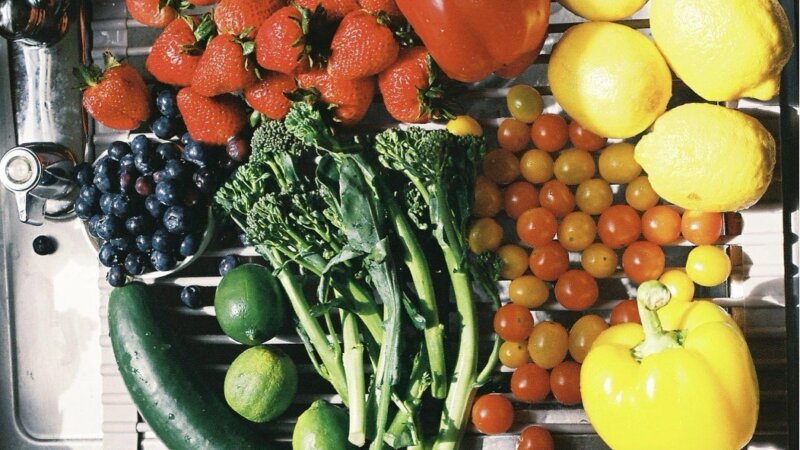E-course FST blog : we are what we eat….

Garri made from cassava
Ishola Mojisola is the creative director of the food company Lolus cake and more in Ibadan, Nigeria. The company has many followers on social media as cakes are important element at birthdays, weddings and other party occasions. Ishola participated in the e-course on food systems and is concerned with what people eat on normal days.
A few years ago, I visited an isolated rural community in Oyo state, far from the road and the food markets. I noted that the kids were not very healthy. They looked quite pale, had protuded bellies and were skinny. You know, in my business I am used to kids running around a lot. After a week in the community and sharing their meals, I came to understand what the problem was. The farming community was mainly growing cassava which was also their main source of food. Cassava flour is the major ingredient of garri and fufu, two traditional meals in much of Nigeria. Other recipes are based on the unpeeled cassava tuber. I also noted that the little vegetables are prepared in the wrong way. If one cooks the veggies too long, all water soluble vitamins are washed away. Blanching the veggies for a short while is already enough and it saves firewood. This type of malnutrition affected the kids, their parents and the nursing mothers, day-in day-out.
In the urban community I see other forms of malnutrition. The elite class is feeding on junk food, and a growing number of kids is obese. These kids look extra chubby, can hardly lift themselves for any normal children activity. Others are on a wellness journey feed and restrict themselves to a particular food item to stay fit. They feed on food majorly protein like beans, vegetables leaving out the energy producing foods. No one seems to understand that a diversity of food items is important to improve one’s personal health status.
These observations and the e-course made me realize that, contrary to what many believe, malnutrition is not only the absence of food. More important is the consumption of inferior quality meals. These inferior meals can be cheap or expensive, but they both lack the nutrients need for a good health. Many blame the situation on the economic state of the nation, security challenges or misappropriation of funds. But I see one more factor at play: lack of proper orientation and knowledge about what we eat and how it affects our health. There is a saying that 'We are what we eat'. Well, eating is more than just filling the belly, we can prevent illness with healthy diets. We have to educate our kids and orientate their parents both rich and poor to change their food habits, so we become a well-nourished nation.
Author

Ishola Mojisola
e-course FST 2023 participant





